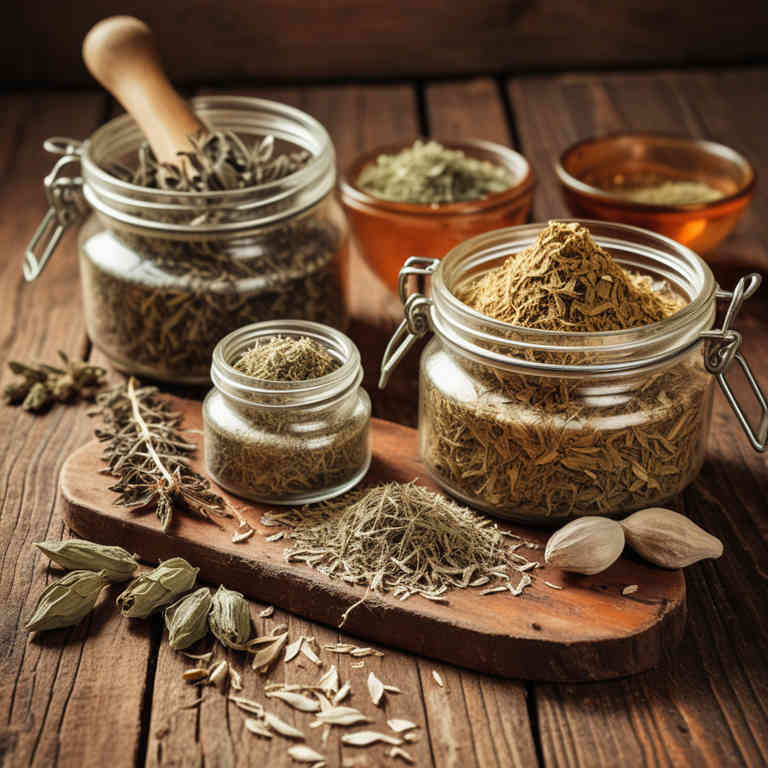Terminalia chebula decoction for medicinal use

Terminalia chebula decoction is a traditional herbal preparation made by boiling the fruit of the Terminalia chebula tree, commonly known as the chebulic myrobalan.
This decoction is widely used in Ayurvedic and traditional Chinese medicine for its purported health benefits. It is valued for its antioxidant, anti-inflammatory, and digestive properties. The decoction is often used to support gut health, enhance immunity, and treat respiratory and gastrointestinal issues.
It is typically consumed as a tonic or in combination with other herbs to address various ailments.
Uses
Terminalia chebula decoction has been used to treat various ailments in traditional medicine systems such as Ayurveda, Unani, and Chinese medicine for centuries.
Historically, it was valued for its ability to enhance digestive health, support respiratory function, and promote longevity. In traditional practices, it was also used to address skin conditions, reduce inflammation, and improve overall vitality. Modern research has begun to validate some of these traditional uses, showing potential benefits in antioxidant activity, immune support, and gastrointestinal health.
Today, it is still widely used in herbal formulations and is gaining attention in integrative medicine for its therapeutic properties.
Benefits
Terminalia chebula decoction has health benefits such as enhancing digestion, supporting immune function, and promoting skin health.
This traditional Ayurvedic preparation is known for its high concentration of antioxidants, which help combat oxidative stress and reduce inflammation in the body. It may also aid in improving gut health by regulating bowel movements and reducing digestive disorders. Additionally, it has been used to support respiratory health and may have anti-cancer properties due to its rich content of polyphenols and tannins.
Overall, Terminalia chebula decoction is valued for its wide range of therapeutic effects in traditional medicine.
Constituents
Terminalia chebula decoction active constituents include tannins, chebulinic acid, gallic acid, ellagic acid, and various polyphenols.
These compounds contribute to its antioxidant, anti-inflammatory, and antimicrobial properties. The decoction is traditionally used in Ayurvedic medicine to support digestive health and enhance immunity. It may also aid in detoxification and promote gut health due to its astringent and mild laxative effects.
These bioactive components make Terminalia chebula decoction a valuable herbal preparation for overall wellness and preventive healthcare.
Preparation
To make Terminalia chebula decoction, start by gathering 15-30 grams of dried Terminalia chebula fruit, depending on the desired potency.
Wash the fruit thoroughly and chop it into small pieces to increase surface area for better extraction. Place the chopped fruit in a pot and add about 500 ml of water. Bring the mixture to a boil, then reduce the heat and let it simmer for 20-30 minutes.
Strain the liquid through a fine mesh or cheesecloth to remove the plant material, and the resulting liquid is your Terminalia chebula decoction, ready for use as needed.
Side Effects
Terminalia chebula decoction may lead to gastrointestinal discomfort such as nausea, vomiting, and diarrhea in some individuals.
It can also cause allergic reactions in people sensitive to the plant's compounds. Prolonged use may result in liver toxicity, as some studies suggest potential hepatotoxic effects. Additionally, it may interact with medications, particularly those affecting the kidneys or blood pressure.
It is important to consult a healthcare professional before using this preparation, especially for long-term or high-dose consumption.